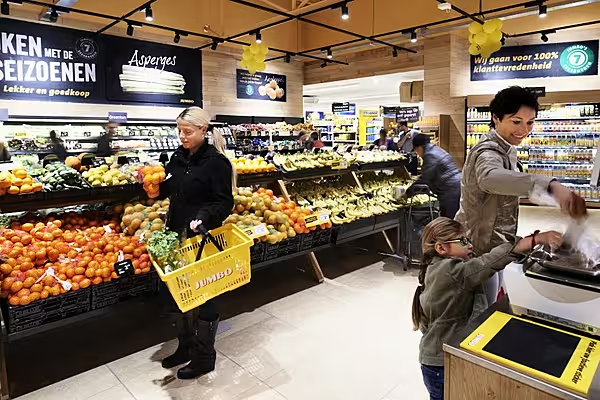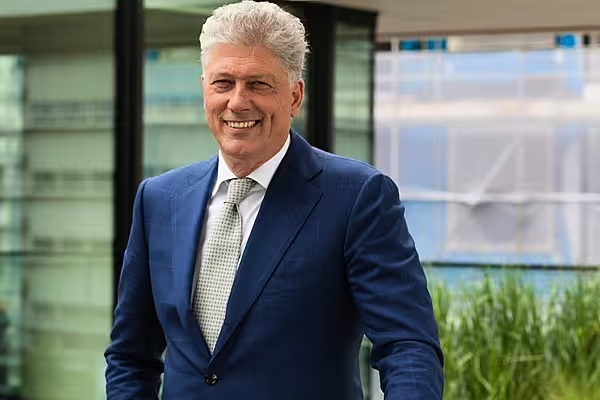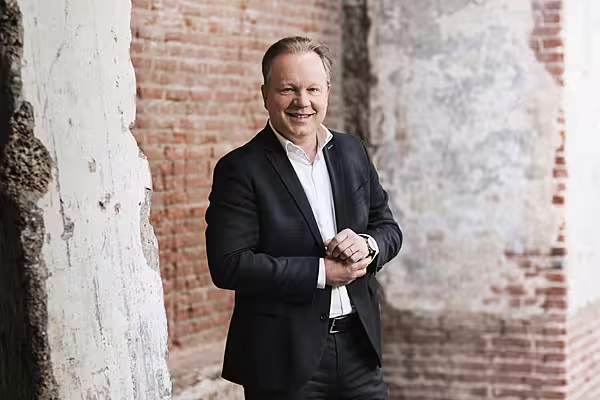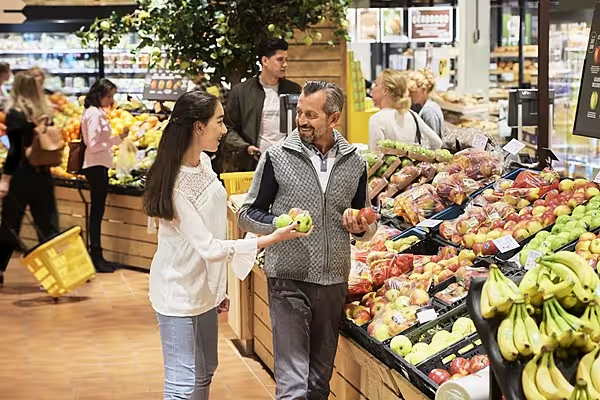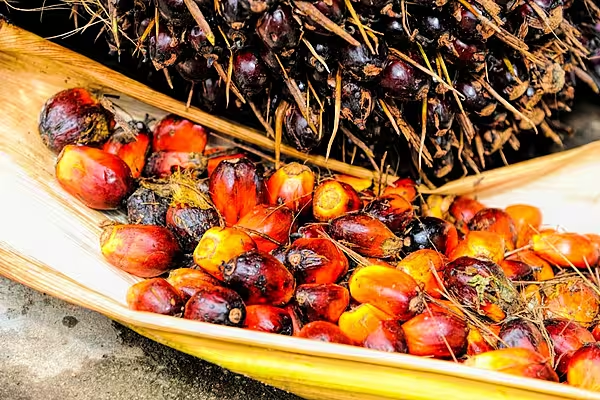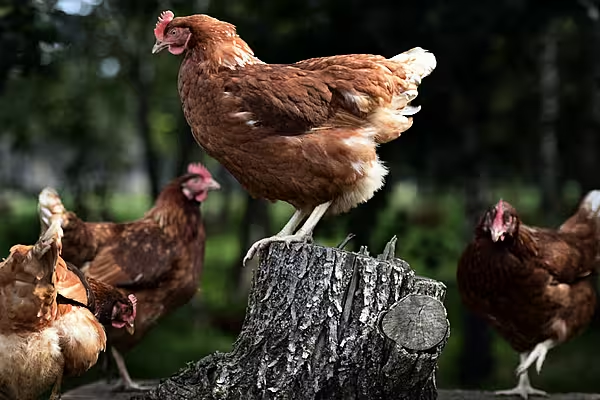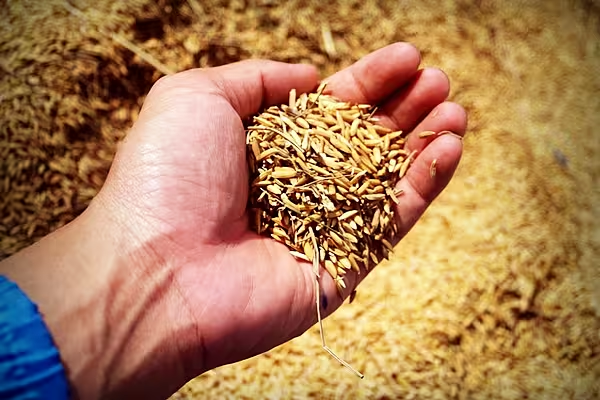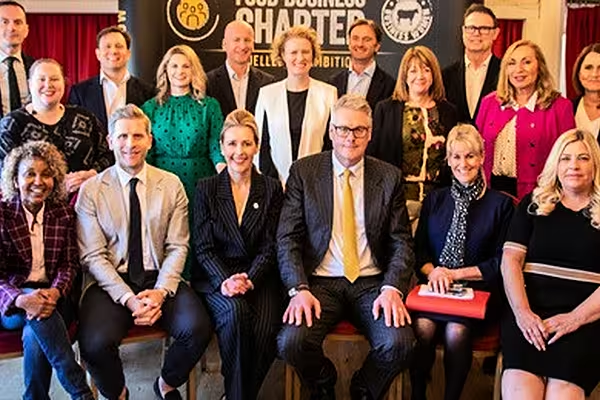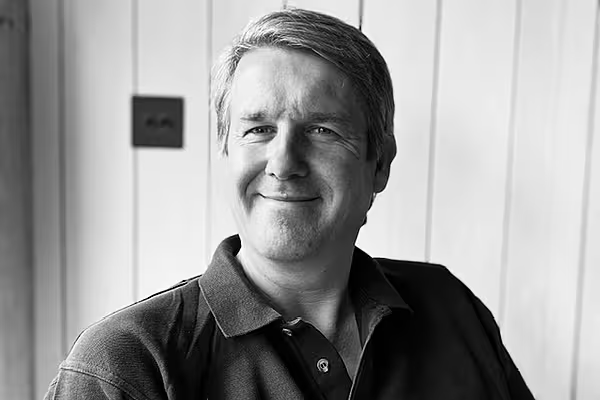The Netherlands has launched a new national programme, United Against Food Waste, in an effort to become one of the first countries in the world to cut food waste in half.
The initiative was announced last week by the Taskforce Circular Economy in Food, which is made up of FMCG and retail companies, as well as research institutes, civil organisations and the government. The Dutch Ministry of Agriculture will invest €7 million in the project over the next four years.
Among the actions proposed to tackle the issue of food waste is a supermarket aisle filled with items made from food products that would have otherwise gone to waste, such as soup made from misshapen vegetables, beer from stale bread, and soap from discarded orange peel.
The first pilot aisle was opened in the George Verberne Jumbo supermarket in Wageningen last week, and the trial will be overseen by Louise Fresco, president of Wageningen University & Research’s executive board.
Researchers from the university will monitor and test sales over the next six months to learn how to best expand the concept.
“It’s very exciting to be able to go into a grocery store and buy items you know are helping to avoid excess waste," said Fresco. "It’s equally exciting to see the lessons we can glean about which types of products and packaging appeal to consumers, what pricing level is correct, and how best to market and present the products.”
“One third of all food is lost or wasted in the world, and the social, environmental and economic impacts are enormous," she added. "It’s urgent that we find scalable solutions to this challenge.”
New Initiatives
The supermarket-aisle trial is one part of the new Dutch national programme, which will also focus on combatting food waste across the supply chain, changing consumer behaviour to waste less food and promoting new legislation.
Champions 12.3, the global coalition of executives committed to halving food loss and waste by 2030, has strong support in the Netherlands.
Members include Louise Fresco, as well as Hans Hoogeveen, ambassador of the Netherlands to the UN Organisation for Food and Agriculture; Paul Polman, CEO of Unilever; Wiebe Draijer, chairman of the managing board of Rabobank; and Peter Bakker, president and CEO of the World Business Council for Sustainable Development.
"Food loss and waste is an issue that must be prioritised, and it takes committed leaders to do that," said Hoogeveen.
"We have an obligation to ensure the food that is produced around the world feeds people, and that it doesn’t go unused or end up in landfills. A lot of work remains. Public-private partnerships are vital for building the momentum needed to halve the more than one billion tonnes of food that is lost or wasted from farm to fork each year," he added.
As well as food waste, Dutch supermarkets are also testing new ways to reduce packaging waste. Earlier this month, the world's first plastic-free supermarket aisle was opened in Amsterdam by Dutch organic retailer Ekoplaza and environmental campaign group A Plastic Planet.
© 2018 European Supermarket Magazine – your source for the latest retail news. Article by Sarah Harford. Click subscribe to sign up to ESM: The European Supermarket Magazine.
